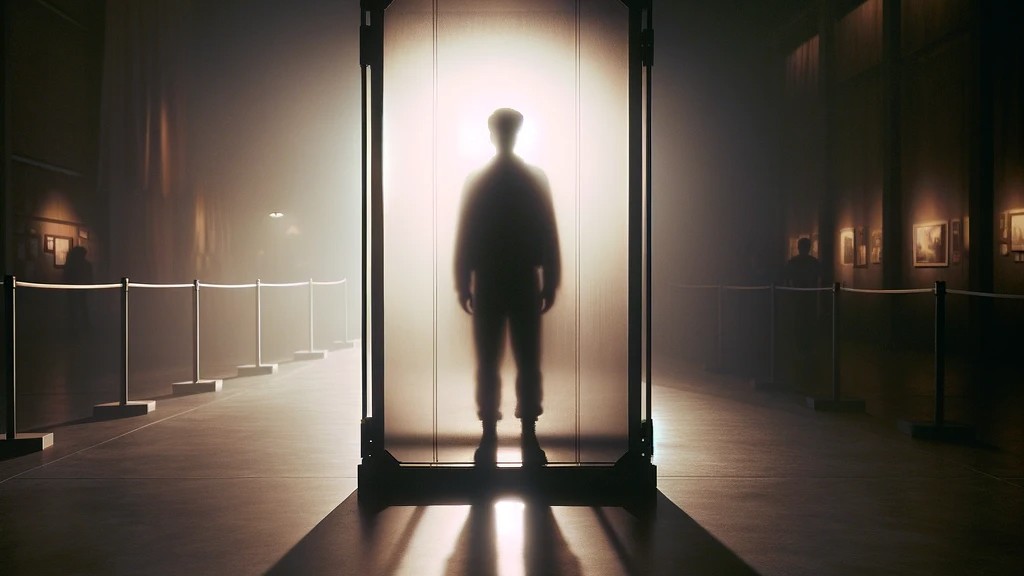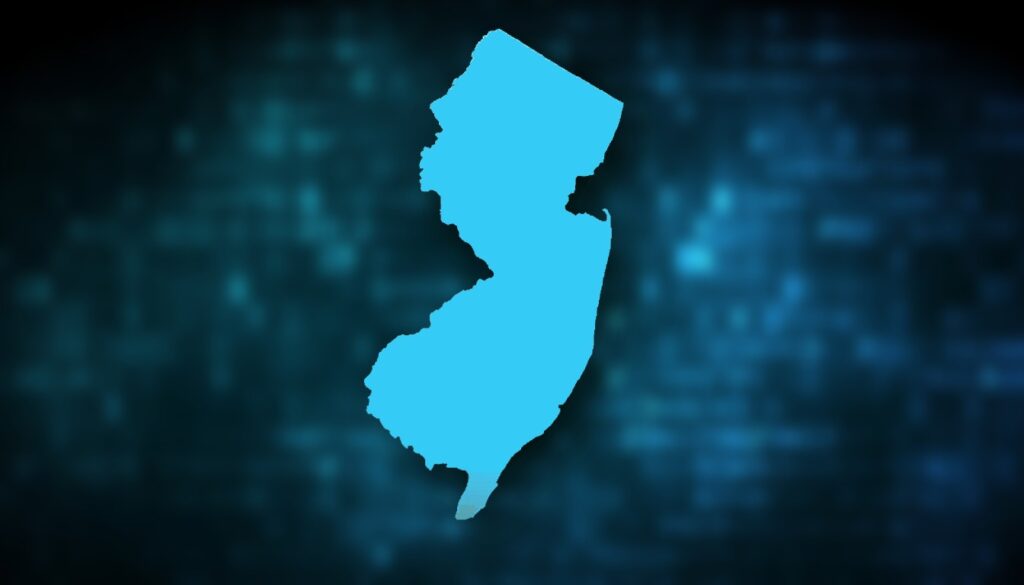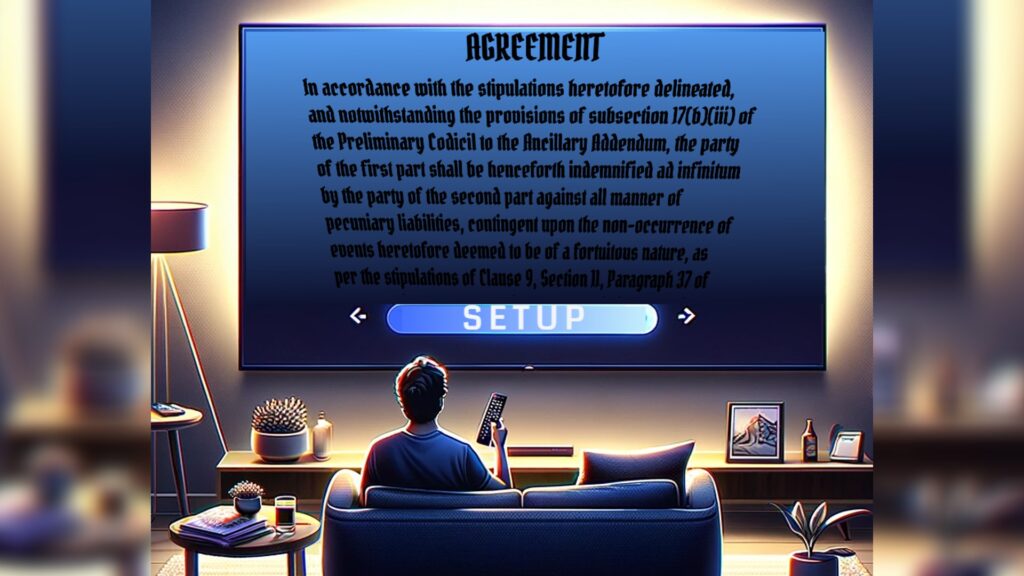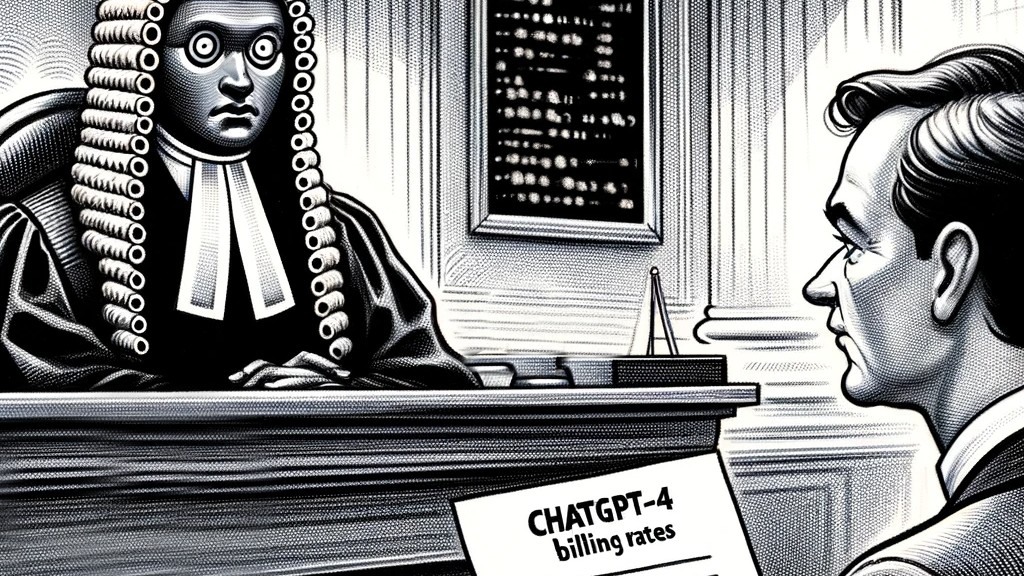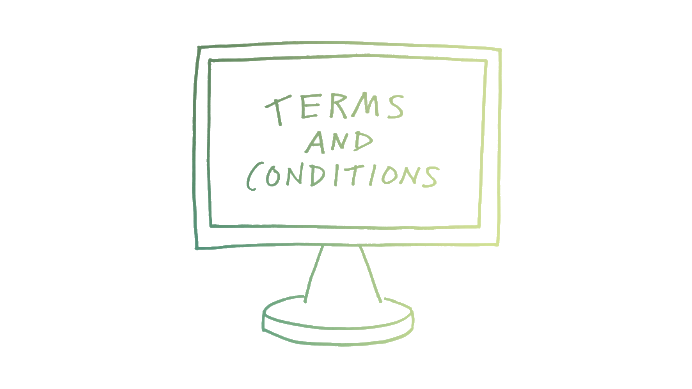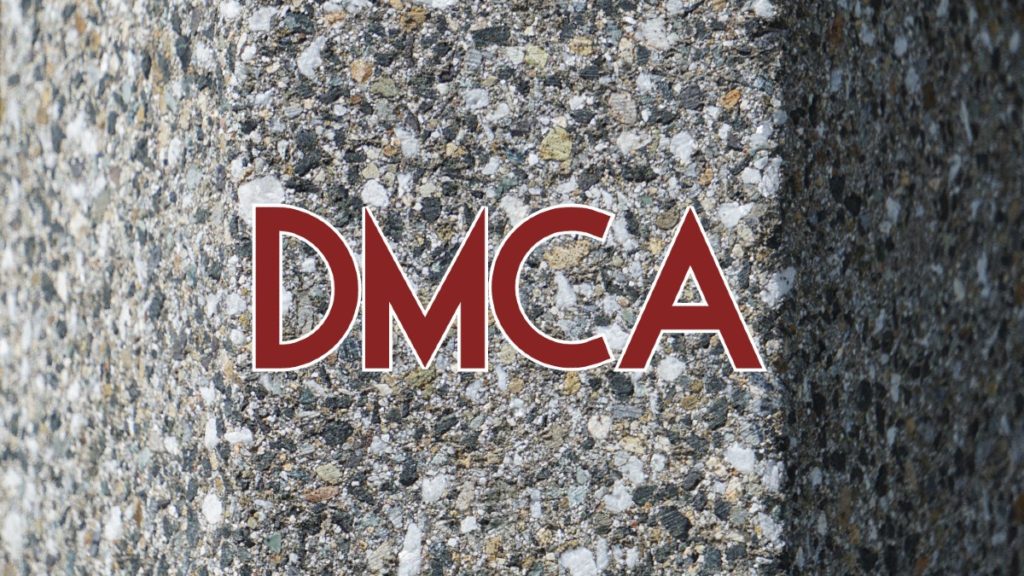
Because ISP acted as a conduit for the transmission of material that allegedly infringed copyright, it fell under the DMCA safe harbor in 17 U.S.C. § 512(a), and therefore § 512(h) did not authorize the subpoena issued in the case.
Some copyright owners needed to find out who was anonymously infringing their works, so they issued a subpoena to the users’ internet service provider (Cox Communications) under the Digital Millennium Copyright Act’s (“DMCA”) at 17 U.S.C. § 512(h). After the ISP notified one of the anonymous users – referred to as John Doe in the case – of the subpoena, Doe filed a motion to quash. The magistrate judge recommended the subpoena be quashed, and the district judge accepted such recommendation.
Contours of the Safe Harbor
The court explained how the DMCA enables copyright owners to send subpoenas for the identification of alleged infringers, contingent upon providing a notification that meets specific criteria outlined in the DMCA. However, the DMCA also establishes safe harbors for Internet Service Providers (ISPs), notably exempting those acting as “mere conduits” of information, like in peer-to-peer (P2P) filesharing, from liability and thus from the obligations of the notice and takedown provisions found in other parts of the DMCA. This distinction has led courts, including the Eighth and D.C. Circuits, to conclude that subpoenas under § 512(h) cannot be used to compel ISPs, which do not store or directly handle the infringing material but merely transmit it, to reveal the identities of P2P infringers.
Who is in?
The copyright owners raised a number of objections to quashing the subpoena. Their primary concerns were with the court’s interpretation of the ISP’s role as merely a “conduit” in the alleged infringement, arguing that the ISP’s assignment of IP addresses constituted a form of linking to infringing material, thus meeting the DMCA’s notice requirements. They also disputed the court’s conclusion that the material in question could not be removed or access disabled by the ISP due to its nature of transmission, and they took issue with certain factual conclusions drawn without input from the parties involved. Additionally, the petitioners objected to the directive to return or destroy any information obtained through the subpoena, requesting that such measures apply only to the information related to the specific subscriber John Doe.
Conduits are.
Notwithstanding these various arguments, the court upheld the magistrate judge’s recommendation, agreeing that the subpoena issued to the ISP was invalid due to non-compliance with the notice provisions required by 17 U.S.C. § 512(c)(3)(A). The petitioners’ arguments, suggesting that the ISP’s assignment of IP addresses to users constituted a form of linking to infringing material under § 512(d), were rejected. The court clarified that in the context of P2P file sharing, IP addresses do not serve as “information location tools” as defined under § 512(d) and that the ISP’s role was limited to providing internet connectivity, aligning with the “mere conduit” provision under § 512(a). The court also dismissed the petitioners’ suggestion that the ISP could disable access to infringing material by null routing, emphasizing the distinction between disabling access to material and terminating a subscriber’s account, with the latter being a more severe action than what the DMCA authorizes. The court suggested that the petitioners could pursue the infringer’s identity through other legal avenues, such as a John Doe lawsuit, despite potential challenges highlighted by the petitioners.
In re: Subpoena of Internet Subscribers of Cox Communications, LLC and Coxcom LLC, 2024 WL 341069 (D. Hawaii, January 30, 2024)


